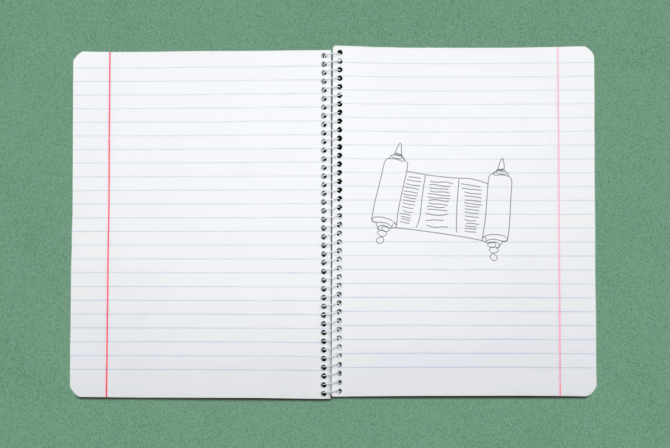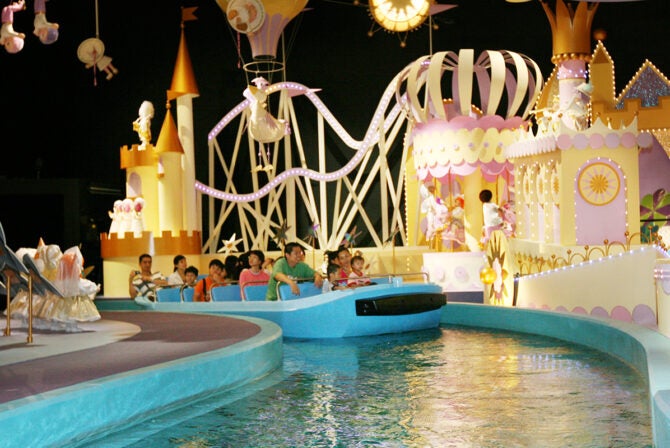So completely and totally a product of Jewish day schools and summer camps in the 1970s and 80s was I, that it’s virtually impossible for me to recall a time before I knew about the Holocaust. By the age of 8 or 9 I had already seen the grainy films of camps being liberated and starving prisoners piled in heaps. By 12 I had read “The Diary of Anne Frank.” By 14 I had devoured Elie Wiesel’s “Night” trilogy and was so depressed my parents sent me to counseling. If there was a before before all this, I was too young to recall it.
Perhaps because ours was a generation raised to know everything about the Holocaust from an early age, many of us seemed, as parents, to have pulled back almost completely. We knew we didn’t want our children to be annihilated by history as we felt we had been. So we tried to be careful with our own kids, carefully debating and discussing the right ways to teach this, in age appropriate ways, and as gently as possible.
To be sure, I remember fretting about how to teach our sons about the Holocaust almost as we were signing them up for preschool. But I think the watchwords were always “care” and “caution” and “gentle.” We quite deliberately wanted them to associate their own Judaism with joy as much as suffering.
And so, we started at about age 9 with the fantastic “Hana’s Suitcase,” and by this summer, when my now 12-year-old was reading Alan Gratz’s “Prisoner B-3087” I thought maybe we’d done a fractionally better job of introducing a young Jewish teen to the horrors of the Holocaust in a way that wouldn’t cause enduring emotional damage, as it had for us.
I was of course, completely wrong. This weekend I accompanied my son’s 7th grade Hebrew School class to the Holocaust Memorial in Washington DC.
The range of reactions from the children I saw was as varied as the children themselves: many seemed to more or less float over the graphic exhibits; some engaged deeply. My own son went so gray, I had to take him out. I won’t divulge what he said and has been saying. Probably the only thing harder than visiting the Holocaust museum is having your mother write about it. But what I will say is that most of these children weren’t prepared, because they couldn’t be prepared. As my son later explained, after a very difficult few hours, the only way to know this is to know it. And we need to know it.
I look at him today and I think that what I can see is a line of demarcation in him, a before and an after that I wish I could eradicate. I feel like his eyes are different and they will always be different and this makes me sad. I also realize that I fell victim to the fundamental narcissism of our age of parenting: the belief that it is our duty to handle and mediate everything our children learn and see; the idea that there is a “safe” and “appropriate” way to teach them about pure evil, and a loss of innocence, and what humanity is capable of doing.
I frankly don’t know whether age 12 is too early to visit a Holocaust museum; whether I was introduced to the Shoah too soon, or my son got there too late. I do know that my advice to other parents struggling with this question is that there may be better and worse answers for your children, but there are no good ones. The very best they can hope for is that when they come out the other side, their parents will be there to listen.
Read More:
This Is Why I Took My Young Kids to the Holocaust Museum
As the Granddaughter of Holocaust Survivors, I Can’t Stay Silent About This
The Holocaust, Through the Stories of my Grandmother







